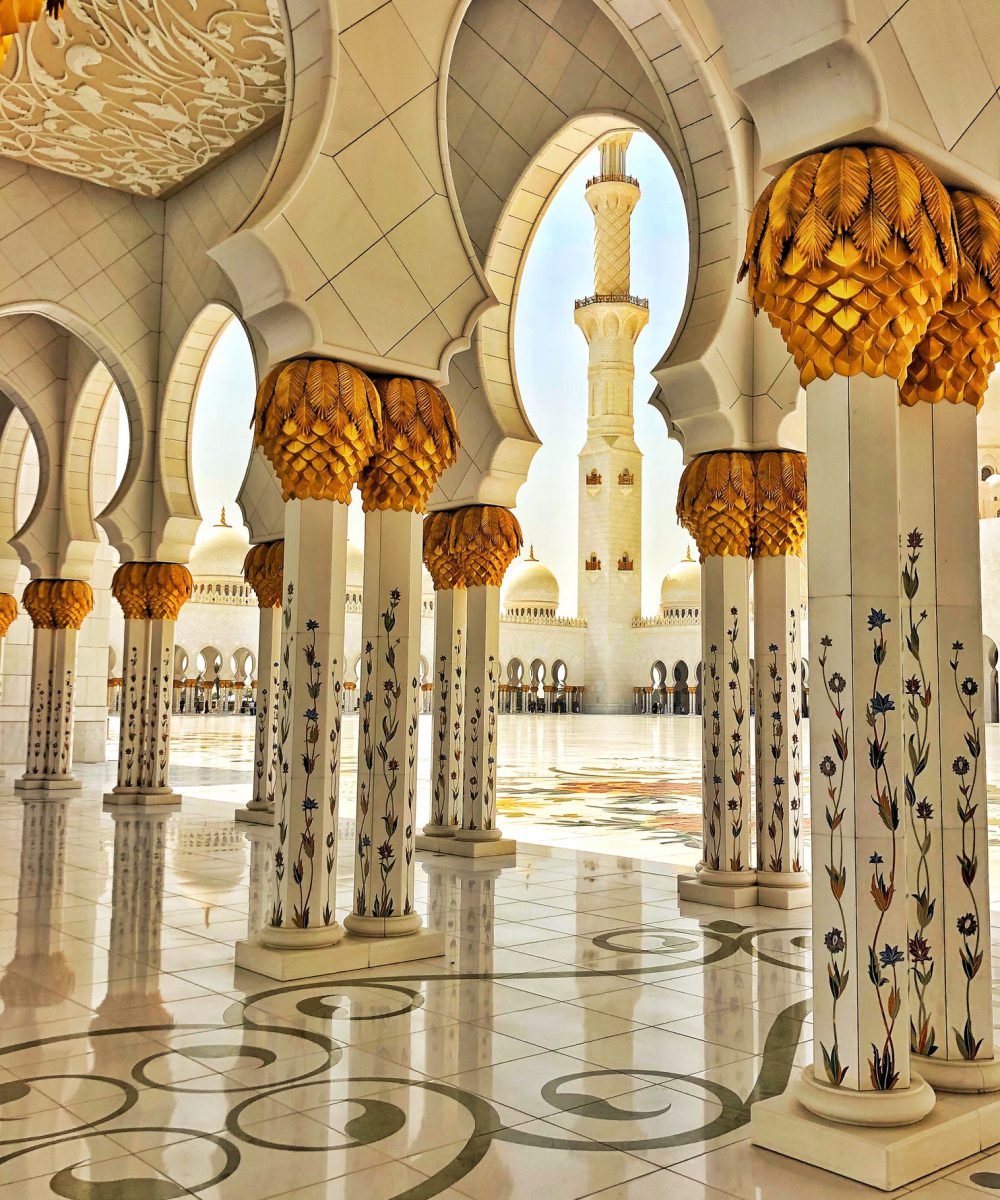Zakat (Charity): The Third Pillar of Islam
Zakat is the obligatory annual almsgiving required of eligible Muslims. It purifies wealth, supports social welfare, and reduces inequality by directing a fixed portion of surplus assets to specific categories of recipients.
-
Rate — Generally 2.5% of qualifying wealth
-
Nisab — Minimum threshold of wealth before zakat is due
-
Wealth types — cash, savings, business inventory, investment (subject to rules)
-
Poor (Al-Fuqara)
-
Needy (Al-Masakin)
-
Other eligible recipients (asnaf) — collectors, reconciliations, debtors, travelers, fi sabilillah, freeing captives
Paying zakat cleanses wealth and helps establish social justice. It is due once a lunar year when savings exceed the nisab for the full year. Consult trusted local scholars or zakat calculators for precise nisab values and asset-specific rulings.

Basic Calculation (example)
Add up qualifying assets (cash, savings, business stock) that have been held for one lunar year. If the total equals or exceeds the nisab, pay 2.5% of that amount as zakat.
Common Considerations
Assets like personal items, primary residence, and most tools of trade are typically exempt. Debts may reduce the zakat-able amount. Rules differ for livestock, agricultural produce, and investments — verify applicable guidelines.
Distribution Tips
Prioritise local poor and needy when possible, but distributing to valid recipients wherever the need is greatest is permissible. Keep records and pay with sincere intention (niyyah).
Need Help?
If unsure, use a reputable zakat calculator, contact your local mosque or charity organisation, or consult a qualified scholar for personalised guidance.